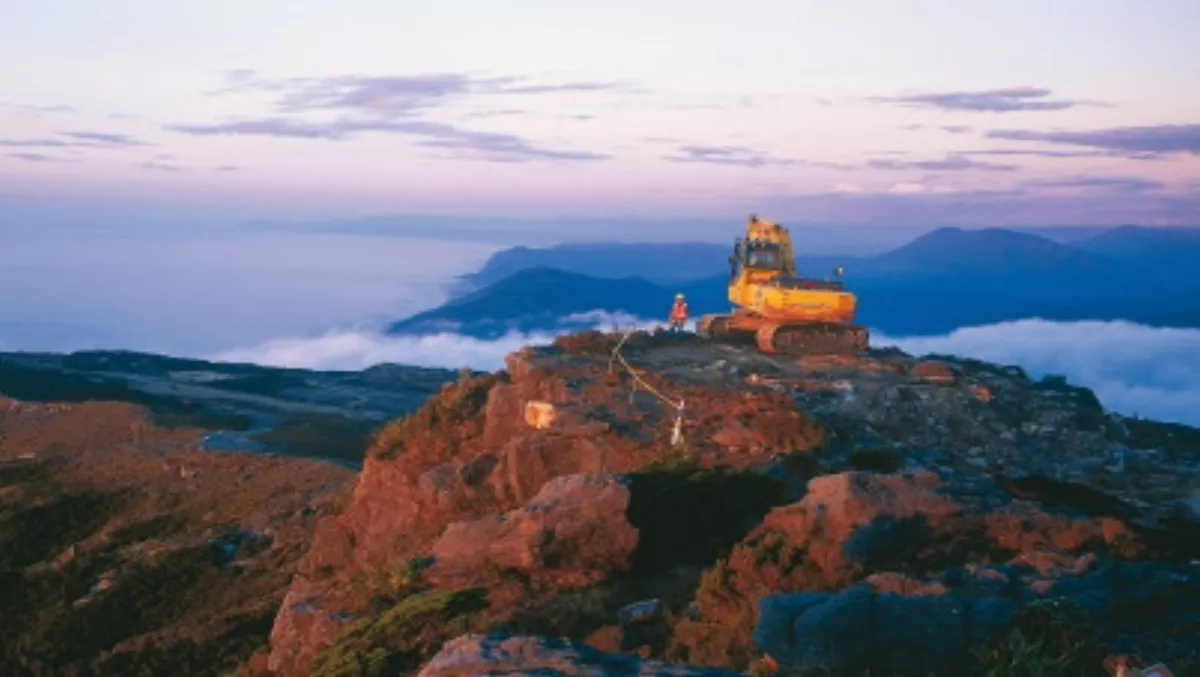
Riverbed cashes in on NZ need for WAN optimisation
The Ministry of Maori Development is the latest organisation to adopt Riverbed WAN optimisation solutions, and the company’s ANZ managing director Steve Dixon is in the country to persuade more local organisations to come on board.
According to Dixon, Riverbed’s Steelhead product has gained plenty of traction, since it launched in 2004, and business is booming. At two recent industry events in Sydney this month Riverbed acquired over 1000 sales leads.
The company’s presence in New Zealand is tiny - just one executive - and Dixon himself leads a team of only 25 staff across the Tasman. Despite this, Dixon says the client base is around 450 organisations.
“We have probably suffered from not having enough people on the ground in New Zealand,” he says.
He’s hoping to add to the local client base and is talking to Fonterra and NZ Post during a whistle stop tour of New Zealand this week. He says the company also have an RFP with the Inland Revenue Department.
Globally, Riverbed’s fiercest rivals in the WAN optimisation market are Blue Coat, Cisco and Juniper, but Gartner research estimates there are more than 10 vendors regionally.
In the November edition of Telecommunications Review, a featured article on WAN Optimisation quotes the latest research from Frost and Sullivan, which says the ANZ market for WAN optimisation solutions is booming. The drivers are economic growth and expansion of corporate networks, growing dependency on business applications and relatively slow bandwidth speeds.
In 2008, the WAN optimisation market grew by 20.8% on a year-on-year basis and hit an overall market size of $68.1 million in Australia and New Zealand (NZ was 13% of the market). Frost and Sullivan predict revenues will rise to $233.7 million a year by 2015.Photograph courtesy of Solid Energy, which installed Riverbed Steelhead appliances to two remote locations on the South Island for a one-off cost of $40,000.

